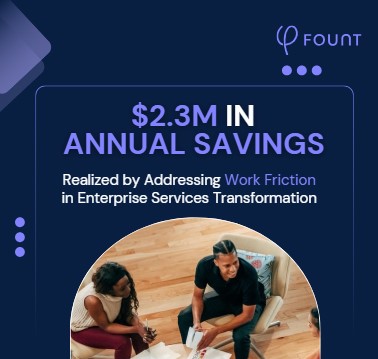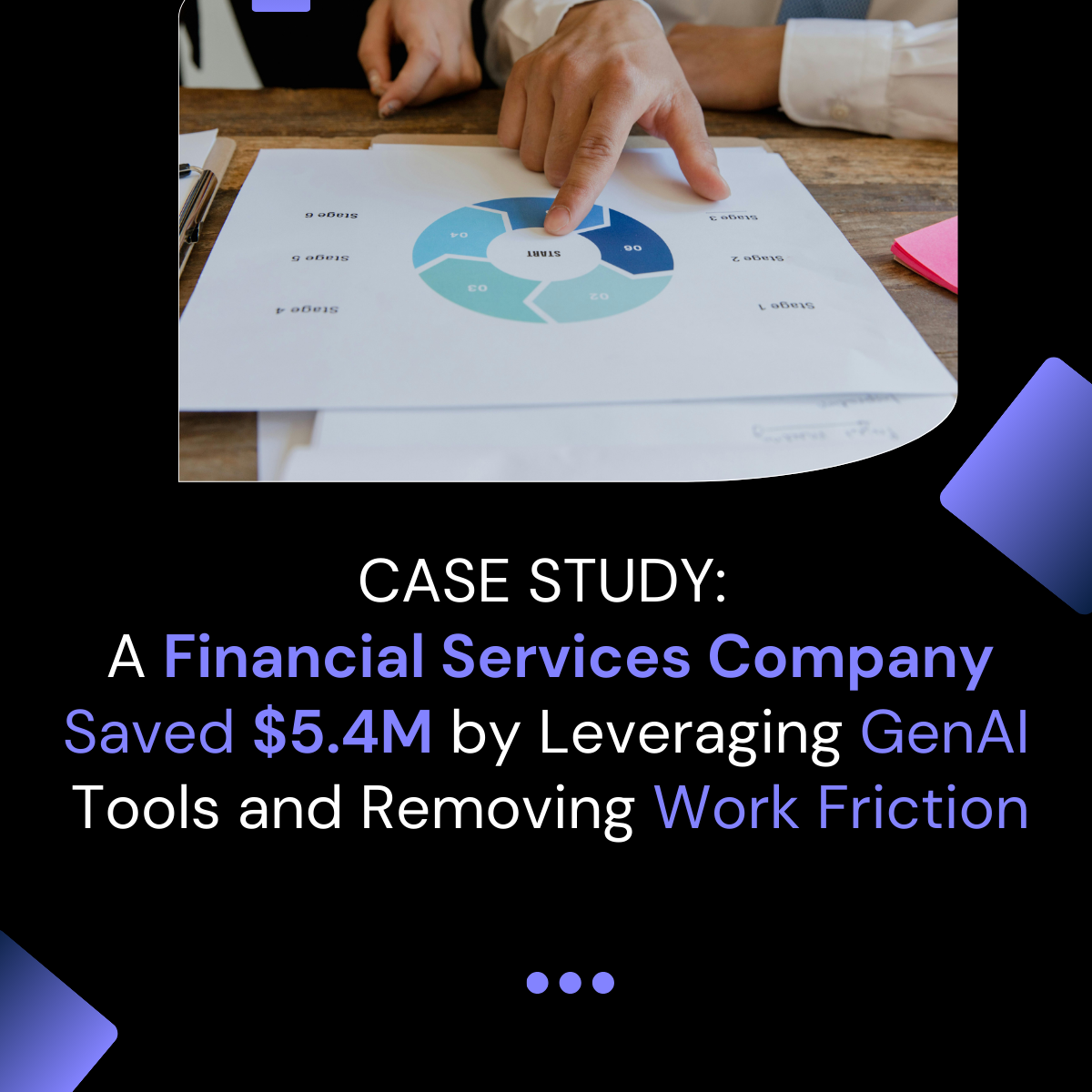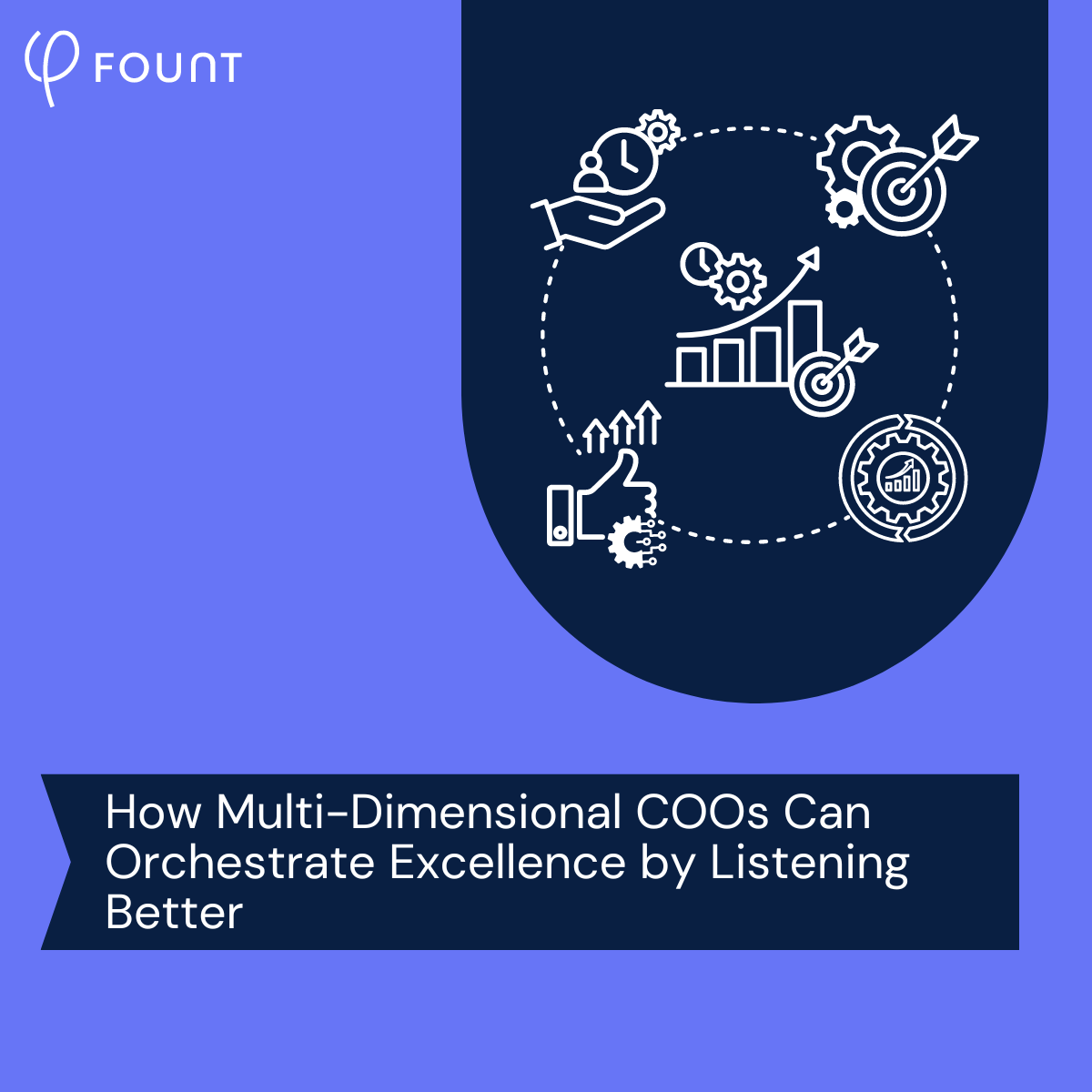TO IMPROVE WORKPLACE PRODUCTIVITY, OWN YOUR WORK FRICTION: 3 ways to identify, eliminate it | Christophe Martel
In the modern workplace, complexity is a badge that too many tasks wear, often leading to unnecessary effort and wasted time. FOUNT’s CEO and Co-founder, Christophe Martel, in a recent contribution to HR Morning, a platform that shines a light on actionable HR insights rather than just echoing the day’s headlines, dives into this pervasive issue with a keen focus.
His article, “To Improve Workplace Productivity, Own Your Work Friction: 3 ways to identify, eliminate it,” offers a critical examination and solution to a common yet often overlooked problem: work friction.
Christophe begins by defining work friction as:
“Any employee energy (and time) wasted on unnecessary obstacles that get in the way and make work harder than it needs to be.”
He emphasizes the insidious nature of this issue, which can significantly impact an organization’s efficiency and employee satisfaction. The larger the company, the more challenging it becomes to identify and address these moments of friction that “impact individual employee experiences.”
The core of Christophe’s argument lies in the power of data to uncover and resolve work friction. This approach not only identifies the problems but also paves the way for tailored solutions that can lead to meaningful improvements in workplace productivity.
“The key, it turns out, is data,”
To effectively fight work friction, Christophe suggests 3 ways to identify and eliminate it:
- Identify Moments of Work Friction: Christophe emphasizes the importance of using surveys and interviews to gather targeted data that accurately quantify the employee experiences preventing them from completing their goals. This step involves a detailed analysis of individual employee experiences to pinpoint specific obstacles that create friction.
- Equip Friction-Fighter Teams: Christophe suggests equipping dedicated teams with moment-centric, data-based approaches to tackle these issues. These teams should use the insights gathered from the identification phase to develop and implement strategies specifically designed to reduce or eliminate the identified friction points.
- Measure the Impact: The final step involves measuring the effectiveness of the efforts to combat work friction. This includes supporting continuous improvement by assessing how the changes have impacted employee productivity and business outcomes. Christophe advocates for a continuous feedback loop, where the impact of interventions is regularly measured to inform further improvement and ensure that efforts are aligned with the goal of enhancing workplace productivity.
By highlighting the indispensable role of data in identifying, tackling, and measuring work friction, Christophe offers a blueprint for enhancing workplace productivity through FOUNT’s Saas product. His insight that “Simply put: data is the antidote to ego” serves as a rallying cry for HR professionals and business leaders alike, urging them to embrace a data-driven approach to foster a more efficient, engaging, and productive work environment.
To read the article on the HR Morning website, visit this link. To learn more about work friction, download our latest whitepaper.
ABOUT HR Morning
HR Morning is part of the SuccessFuel Network, provides the latest HR and employment law news for HR professionals in the trenches of small-to-medium-sized businesses. Rather than simply regurgitating the day’s headlines, HR Morning delivers actionable insights, helping HR execs understand what HR trends mean to their business.
Related Resources
See all News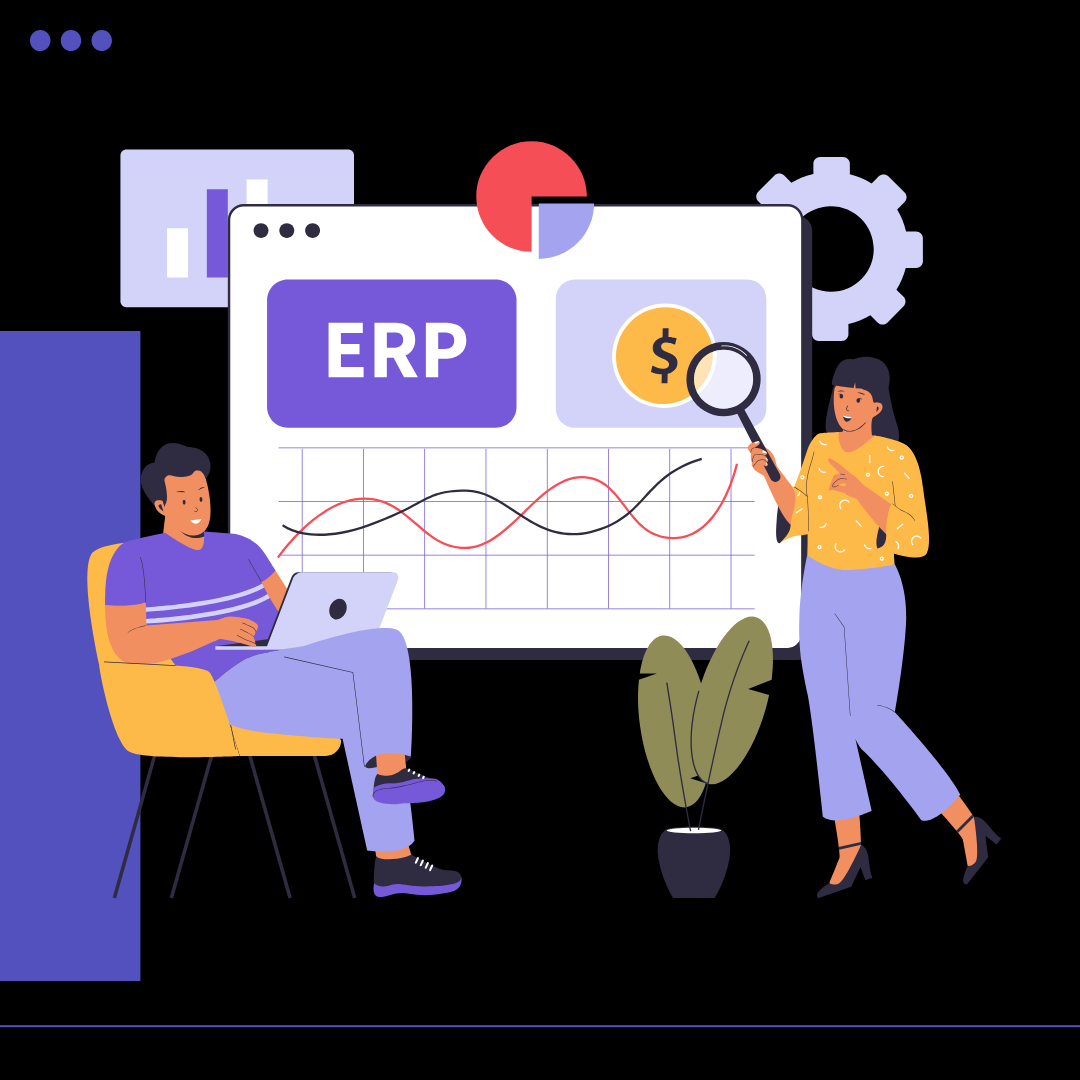
Insights
Nobody Wants to (Measure) Work Anymore: The Real Problem with AI Transformations
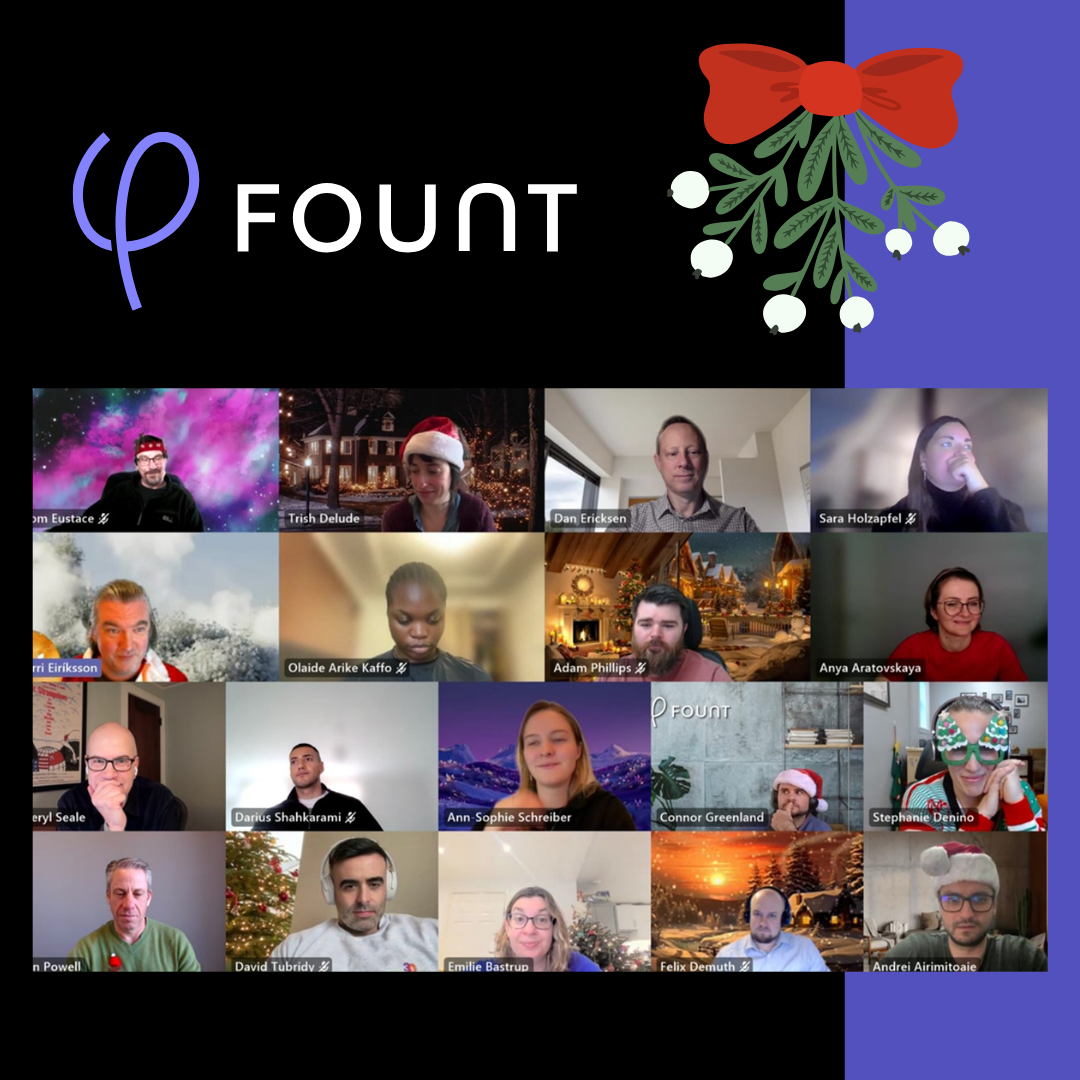
Insights
2024’s Most Read and Most Discussed
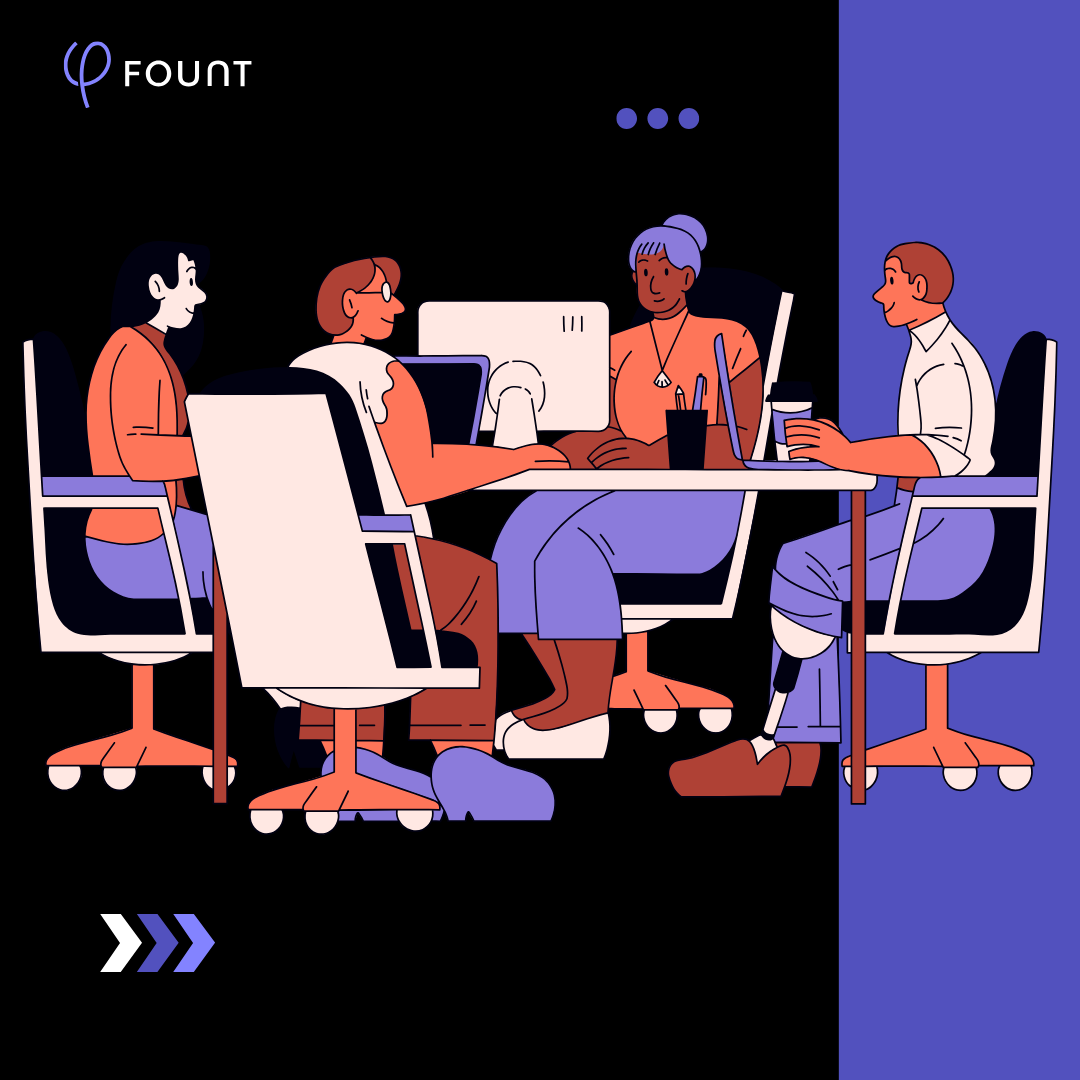
Insights
How to Prioritize AI Use Cases to Maximize ROI
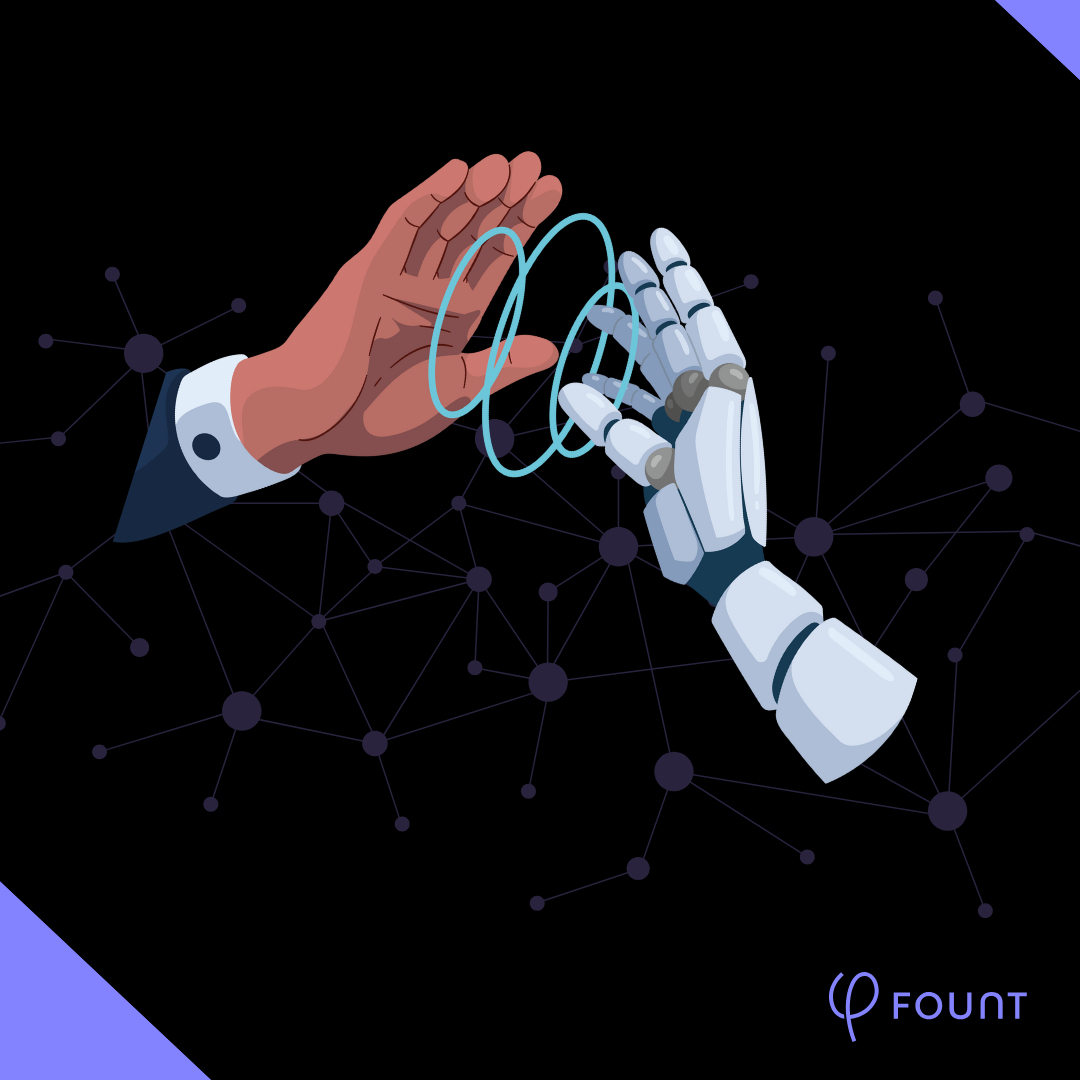
Insights
How to Assess the ROI of Current AI Initiatives & Prioritize Future Investments

Guest Post
Key Insights from the Digital Transformation & AI & in Business Conference
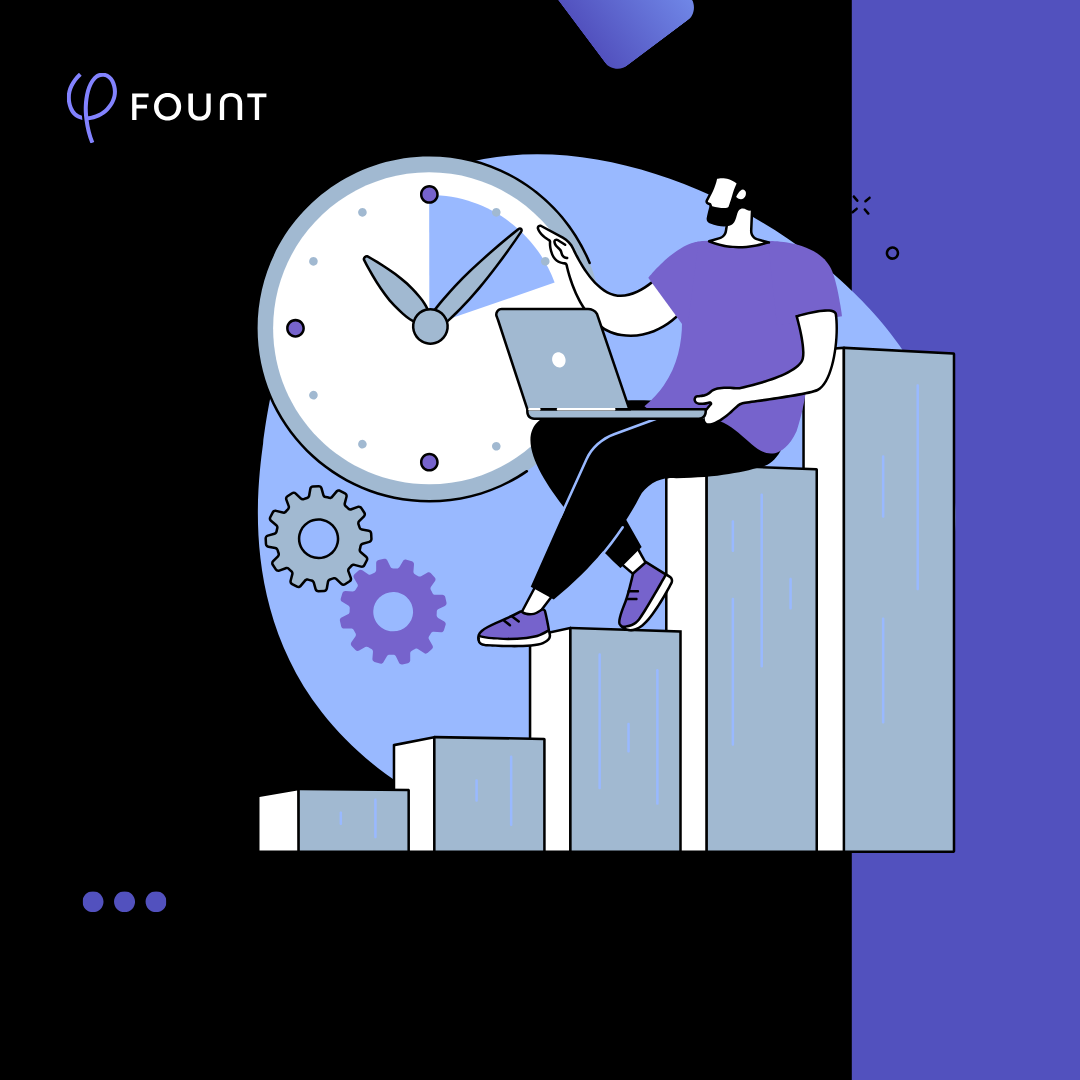
Insights
Digital Transformation KPIs: How to Measure the Success of Digital Transformation
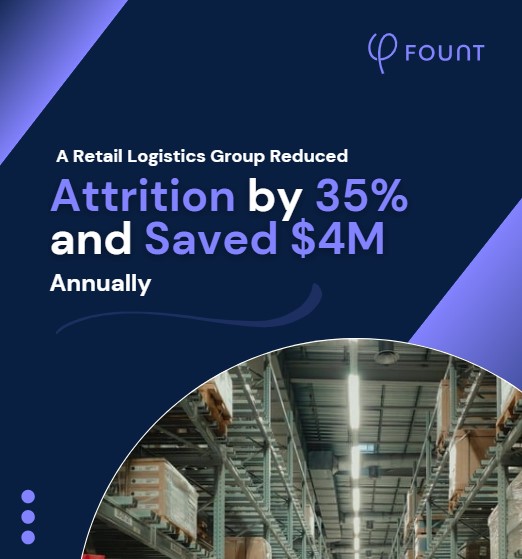
Research
Case Study: $4M in Annual Savings Achieved by Reducing Attrition by 35%
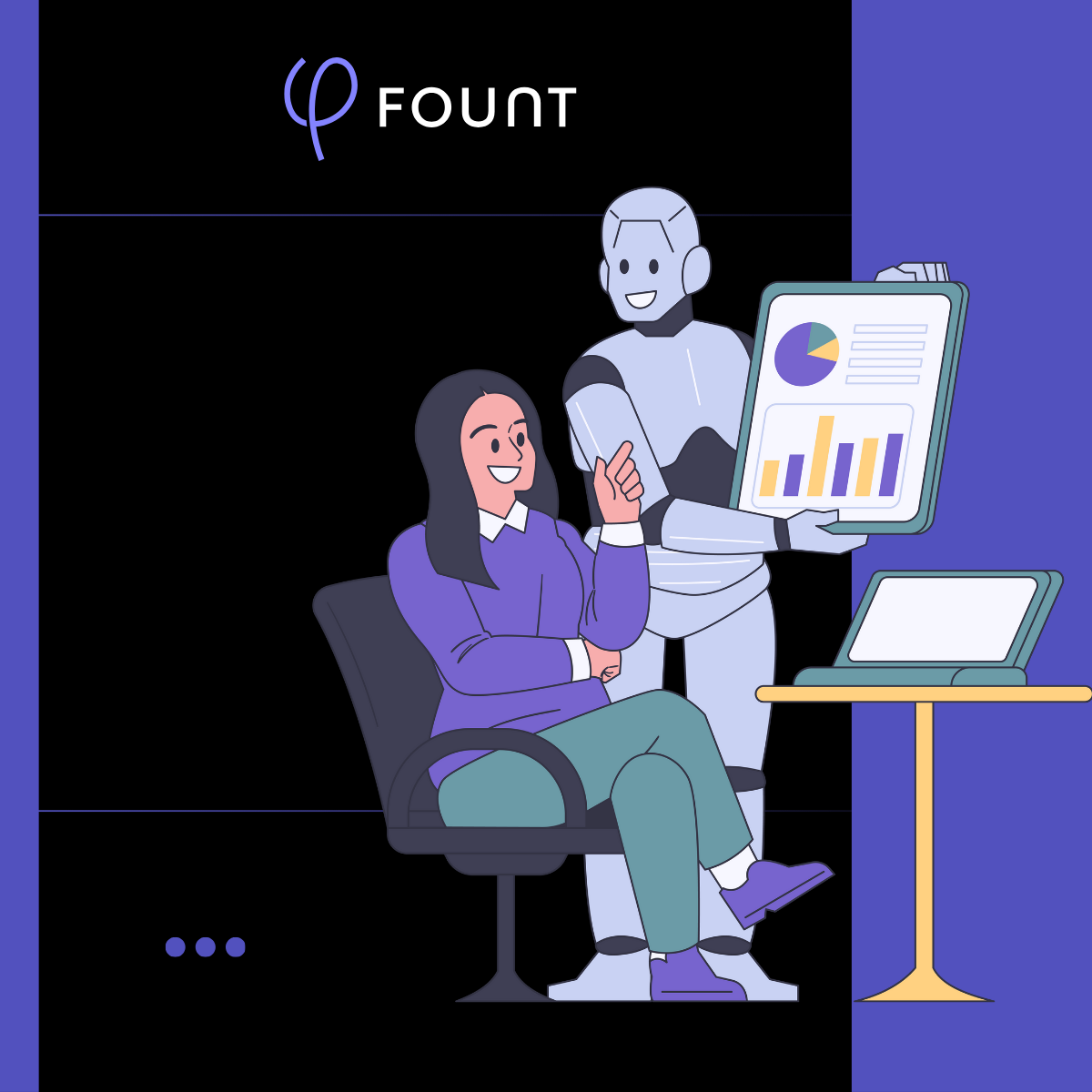
Insights
Pinpointing AI Friction: Why Companies are Failing to Adapt to AI
